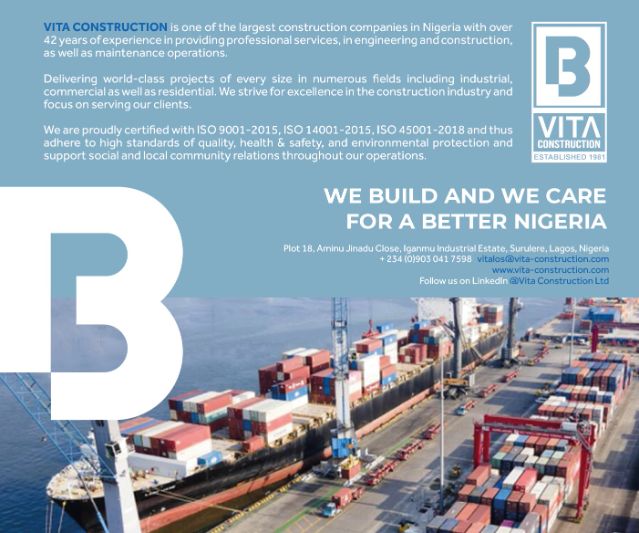Nigeria, endowed with abundant crude oil, faces persistent challenges with high costs of imported refined fuels. Despite decades of promises and substantial financial allocations for refinery revival, progress has been elusive. However, the current administration, led by President Bola Tinubu, is taking steps to rejuvenate the dormant national refineries.
Following the removal of the fuel subsidy, the government set a December deadline for the operationalization of the Port Harcourt Refinery, with Warri and Kaduna Refineries to follow. Nigeria has four major government-owned refineries: Old Port Harcourt, Warri, Kaduna, and New Port Harcourt, with a combined capacity of 445,000 bpsd. Over the years, these refineries have operated at poor capacity, leading to significant reliance on fuel imports.
Minister of State for Petroleum Resources, Heineken Lokpobiri, expressed optimism during an inspection tour, assuring Nigerians of the Port Harcourt Refinery’s operation by December 2023. This, coupled with the revival of Warri and Kaduna refineries, is expected to reduce fuel imports, providing benefits from deregulation.
The prospect of local refinery resurgence holds promises for Nigeria. Economic growth, job creation, and self-sufficiency are potential outcomes. The Petroleum and Natural Gas Senior Staff Association of Nigeria (PENGASAN) predicts a reduction in petroleum product prices with increased local refining.
The association emphasized the need for palliative measures and refinery revitalization to mitigate the impact of subsidy removal on citizens. The assurance from the Federal Government regarding the Port Harcourt Refinery’s operationalization by December has raised hopes for reduced fuel prices.
The revival of local refineries will not only alleviate citizens’ expenses but also benefit industries linked to transportation, such as agriculture and food. Lower production costs can lead to more affordable produce, contributing to a stable market.
Ultimately, the anticipated reduction in fuel costs not only makes transportation more affordable but also enhances overall efficiency. The imminent revival of Nigeria’s local refineries symbolizes hope amid challenging economic conditions following the fuel subsidy removal.
In conclusion, the federal government must ensure that the long-awaited revival of local refineries avoids familiar pitfalls. Optimism is crucial as Nigerians navigate economic challenges, emphasizing the importance of tangible progress in refinery rejuvenation.









